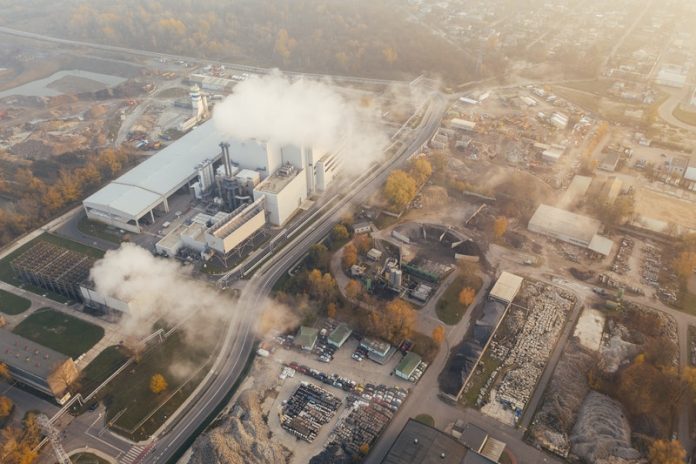
In a new study, researchers found that people may face a higher risk of developing kidney disease if they live in areas with elevated air pollution.
The research was conducted by a team at Peking University.
Exposure to tiny particles of air pollution—called fine particulate matter—is known to increase people’s risk for developing cardiopulmonary diseases, but its effects on kidney health are unclear.
In the study, the team analyzed survey data from 47,204 adults in China and estimated 2-year air pollution levels at each participant’s residential address from satellite-based information.
Approximately 10.8% of participants had chronic kidney disease.
The team found each 10 μg/m3 increase in the concentration of fine particulate matter at a participant’s address was linked to a 1.3-times higher odds of having the disease.
This link was much stronger in urban areas, males, younger participants, and participants without comorbid diseases.
The researchers say that although ambient air quality has improved substantially during the past 5 years in China, the national annual particulate matter level in China exceeds the World Health Organization’s guideline.
They note that the findings provide evidence to policymakers and public health officials for the need for stricter air quality control measures to help protect individuals’ kidney health.
One author of the study is Luxia Zhang, MD, MPH.
The study is published in JASN.
Copyright © 2020 Knowridge Science Report. All rights reserved.



